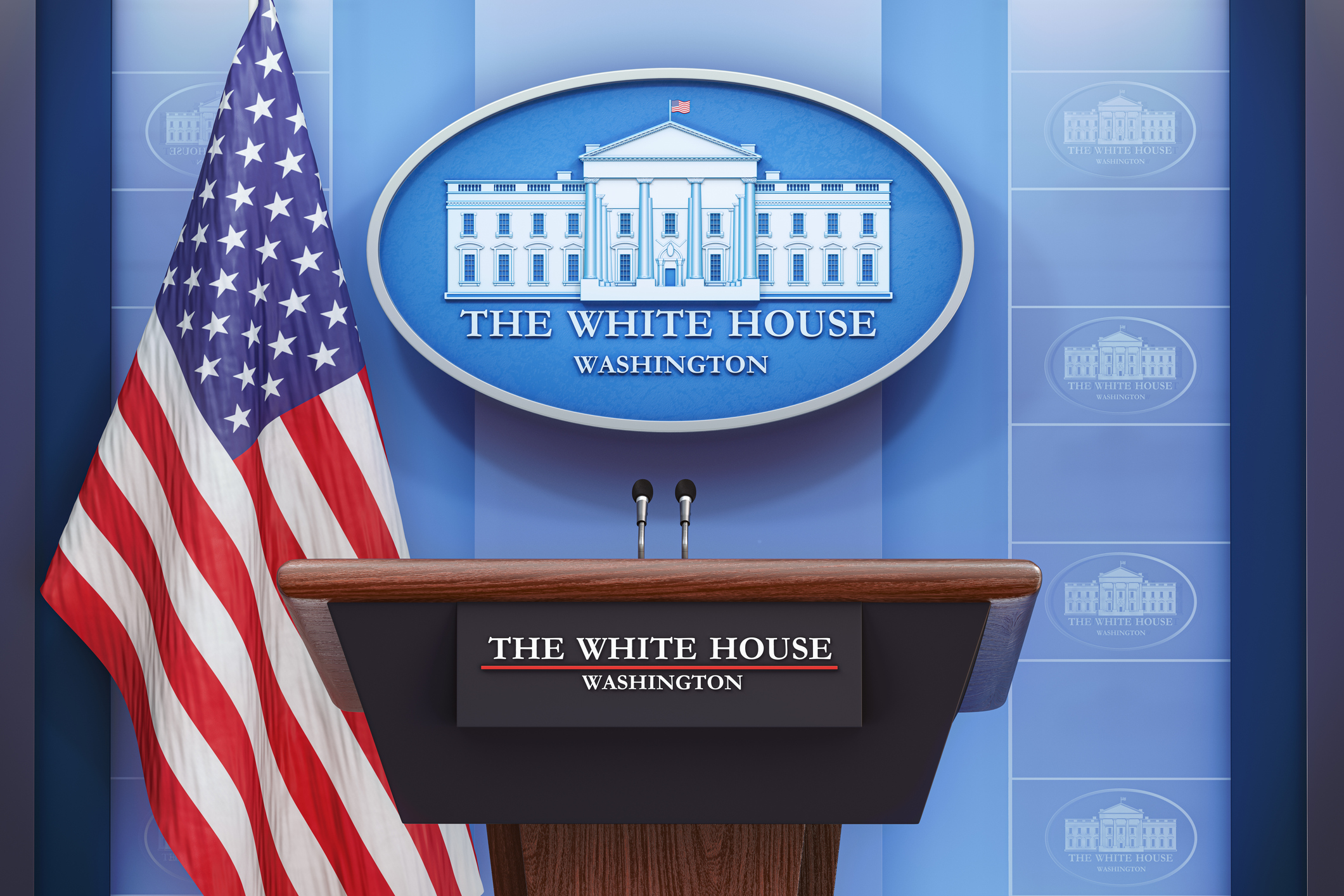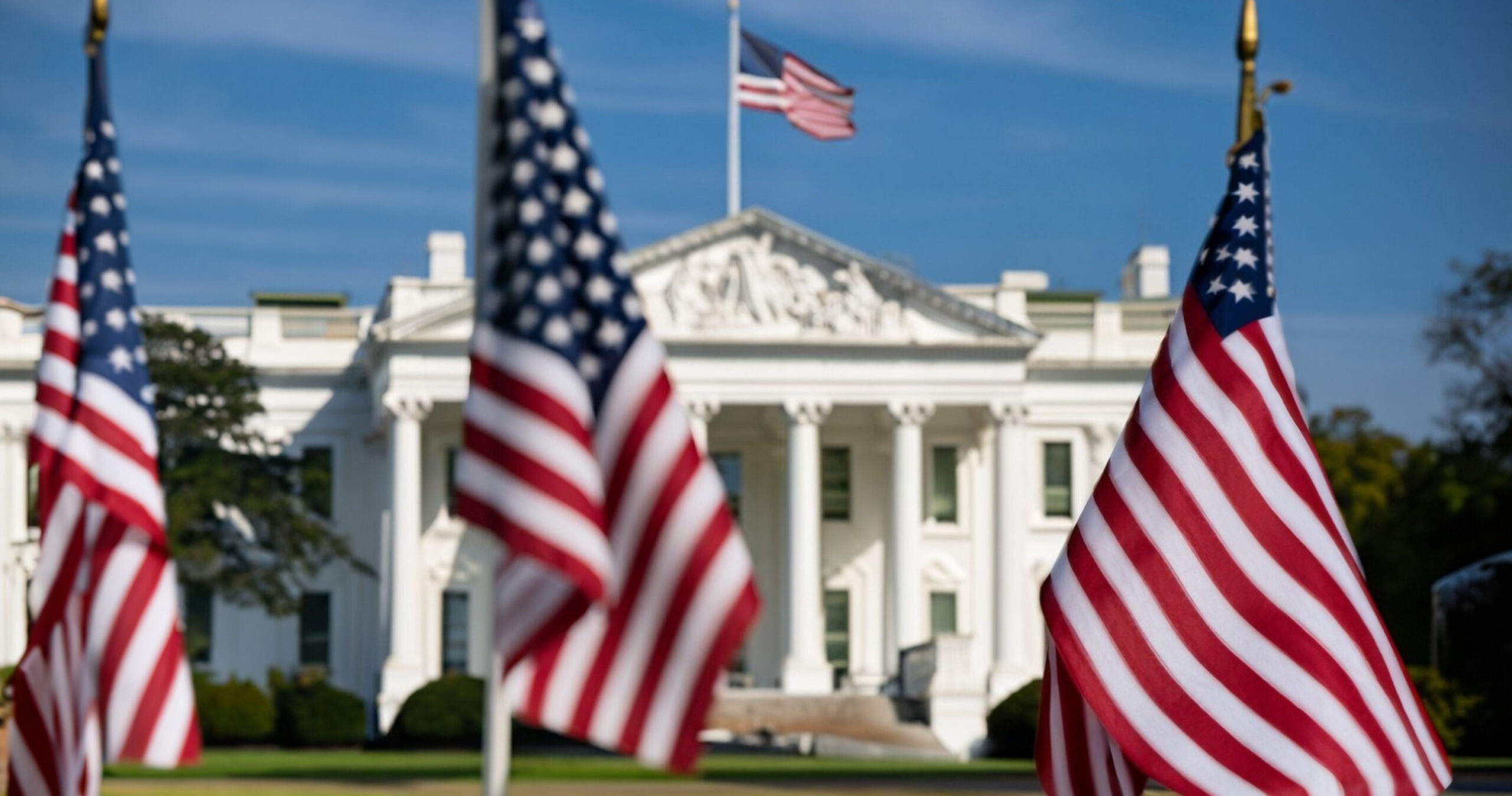
by: Ryan J. Stevens
The killing of George Floyd on May 25 has sparked weeks of protests across the country, with many calling for various reforms, particularly with police. Calls for reform from the public have not fallen on deaf ears, as there have been many legislative proposals offered at the federal, state, and local levels of government. Some of the reforms gaining media attention include “defunding” of police, banning police chokeholds and no-knock warrants, additional training on de-escalation techniques, and more.
Some of these ideas are new, while others have been sitting idly in their respective legislative processes. What ideas have legislators proposed? Have any of them been acted on yet? Are there more proposals to come? Will these proposals be addressed in special legislative sessions?
Minnesota
Minnesota, where police officers killed George Floyd, has seen calls for reform at all levels of government. Locally, Minneapolis City Council President Lisa Bender announced the Council’s intention of disbanding the city’s police force. Fellow Council Member Steve Fletcher penned an Op-Ed outlining proposals to dispatch county mental health professionals to mental health calls and fire department EMTs to opioid overdose calls, both without police officers. Fletcher also discussed using cameras and parking enforcement staff to handle traffic enforcement. Minneapolis Mayor Jacob Frey agrees that reforms are needed, but does not support disbanding the police department. However, it appears that the Minneapolis City Council has a veto-proof majority to overturn the Mayor.
At the state level, the legislature scheduled a special session this month to address COVID-19 related issues. Could it now address legislative responses to the killing of George Floyd? The Minnesota Legislature’s People of Color and Indigenous (POCI) Caucus wants to make police reform and criminal justice reform a top priority for the special session and beyond. In a press release, the POCI Caucus outlined legislation they intend to focus on, including:
- Reforming the investigation and prosecution of officer-involved deaths and wrongful action;
- Increasing police accountability and transparency;
- Raising standards of conduct and support officer excellence;
- Partnering officers with communities they serve; and
- Repairing and building community trust and create community-centered public safety.
Michigan
On June 3 in Michigan, Governor Gretchen Whitmer announced support for numerous police reforms. Whitmer has taken executive action, including:
- Requesting that the Michigan Commission of Law Enforcement Standards provide guidance to law enforcement agencies on continuing education to help officers, including diversity and implicit bias training;
- Encouraging police departments to participate in comprehensive reporting on the use of force; and
- Urging law enforcement to implement duty-to-intervene policies.
Governor Whitmer also called for the state Legislature to take action and pass S.B. 945. The bill, which passed the state Senate and was referred to the House Judiciary Committee, would require law enforcement officers to go through training on implicit bias, de-escalation techniques, and mental health screenings.
Pennsylvania
Governor Tom Wolf has also taken executive action on the issue of police reform, making numerous recommendations. The recommendations include:
- Creating a Deputy Inspector General focused on deterring, detecting, preventing, and eradicating fraud, waste, misconduct, and abuse amongst law enforcement agencies that come under the Governor’s authority;
- Creating a Pennsylvania State Law Enforcement Advisory Commission to review any allegations of misconduct by any law enforcement under the Governor’s authority;
- Providing technical assistance to municipalities to create local citizen advisory boards;
- Creating a Racial and Ethnic Disparities Subcommittee in the Pennsylvania Commission on Crime and Delinquency;
- Reviewing the training and education of officers;
- Enhancing officer safety and wellness, enhancing current mental health initiatives, and offering targeted mental health support for officers dealing with trauma; and
- Supporting legislative reforms, which we will focus on below.
Legislatively, Democrats in the Pennsylvania House blocked the chamber’s voting session from beginning earlier this week, calling on Speaker Mike Turzai to move on a variety of police reform bills. Speaker Turzai responded by sending a letter to Governor Wolf requesting a special session on police reform.
Last week, Democrats in the state House outlined their list of police reform proposals. The legislative proposals outlined include:
- Outlawing the police chokehold;
- H.B. 637 – requiring mandatory drug testing for law enforcement officers;
- Eliminating effectuating an arrest as a justification for the use of deadly force;
- H.B. 1903 – improving access to police video footage;
- H.B. 1666 – creating a confidential database to track officer complaints;
- H.B. 1551 – requiring all law enforcement officers to be evaluated for PTSD regularly;
- H.B. 1812 – creating an oversight board on the continual education of law enforcement officers; and
- Requiring law enforcement officers to be mandated reporters of police misconduct, corruption, and brutality, among others.
House Democrats want the Assembly to consider 19 bills, including those listed above. Many of those bills have already been introduced and have been awaiting the action of the House Judiciary Committee. House Democrats reached a deal with Republican leaders to vote on four of the 19 bills.
In the Senate, Minority Leader Jay Costa had already introduced two bills that have received renewed attention. S.B. 458 would develop a statewide database of any discriminatory policing complaints, require the Municipal Police Officers’ Education and Training Commission (MPOETC) to include diversity instruction, require the MPOETC to include training on the use of force and de-escalation, and direct police officers to psychological counseling if they have PTSD or other similar issues. S.B. 459 would require municipal law enforcement departments to adopt model use of force policies and to train police officers on the policy procedures. Both bills are currently sitting in the Senate Law and Justice Committee.
Federal Response
Members of Congress have also reacted to the killing of George Floyd and recent protests with legislation. Democrats on Capitol Hill have already taken legislative steps. At the beginning of the month, Speaker Nancy Pelosi (D-CA) asked the Congressional Black Caucus to lead the legislative response to George Floyd’s killing and the protests that have followed. The Caucus’ Chair, Representative Karen Bass (D-CA) introduced the Justice in Policing Act of 2020, which includes the following reforms:
- Works to end both racial and religious profiling;
- Bans chokeholds and no-knock warrants;
- Limits military equipment for state and local law enforcement;
- Requires federal officers to wear body cameras and requires state and local law enforcement officers to use already established federal funds for the use of body cameras;
- Increases police accountability in court;
- Investigates police misconduct;
- Reimages public safety by reinvesting in communities by supporting community-based programs to change the culture of law enforcement;
- Uses training to build integrity and trust;
- Improves transparency by collecting data on police misconduct and use of force; and
- Makes lynching a federal crime.
Bass has said there is Republican support for the bill. Separately, Representative Ilhan Omar (D-MN), who represents the congressional district where police officers killed George Floyd, also announced four bills to address policing reforms:
- The National Police Misuse of Force Investigation Board Act would establish a federal agency responsible for investigating all deaths across the country that occur in police custody, officer-involved shootings, and uses of force that result in severe bodily injury.
- A bill to criminalize police violence against protesters would permit prosecutors to charge any officer who kills or causes bodily harm to a civilian during the response to a protest with a federal crime.
- H.R. 7135 – would amend the Insurrection Act to curtail the President’s ability to deploy the military on American soil without the consent of Congress.
- Federal Relief Fund would create an emergency relief fund explicitly designated for communities attempting to rebuild after social and civil rights crises.
In the Senate, Majority Leader Mitch McConnell has tasked Senator Tim Scott (R-SC) with putting together a legislative package to reform the police. Senator Scott indicated that Republicans would consider increasing training to focus on de-escalation tactics that would lessen the possibility of dangerous forms of police restraints, including chokeholds. Senator Scott also mentioned some of the big items in the Democratic House bill might meet some resistance amongst Senate Republicans. Proposals that might meet resistance include banning chokeholds, no-knock warrants in drug-related cases, and reforming qualified immunity. Senator Scott’s proposal is expected to be unveiled at some point this month.
Senator Tom Cotton (R-AR) has also introduced a resolution which “calls for justice for George Floyd” but “opposes efforts to defund police.” Senator Lindsay Graham (R-SC), Chair of the House Judiciary Committee, has announced a June 16 hearing on “Police Use of Force and Community Relations.” Further, Senator Rand Paul (R-KY) introduced S. 3955, the Justice for Breonna Taylor Act, which would end no-knock warrants.
Will Congress be able to compromise on any pieces of legislation related to police reform? We must take a “wait and see” approach as we evaluate the answer.
SCOTUS
The Supreme Court of the United States (SCOTUS) addressed qualified immunity in Pearson v Callahan in 2009, and later upheld law enforcement’s qualified immunity in 2014. Whether SCOTUS will address this again remains unclear. With eight qualified immunity cases currently pending before the Supreme Court, two Justices have already called for revisiting the issue: Justice Sonia Sotomayor and Justice Clarence Thomas.
Could there be a legislative fix? The Justice in Policing Act of 2020 addresses the issue of qualified immunity, as does a bipartisan standalone bill, H.R. 7085. Pennsylvania State Representative Jordan Harris is also taking aim at qualified immunity, announcing his intention to introduce legislation ending law enforcement qualified immunity.
Public Sentiment
How does the public feel about all these different policing reform proposals? A recent YouGov poll showed that 67% of Americans favor a ban on any kind of neck restraint and 80% favor an early warning system to identify problematic law enforcement officers. The poll also shows bipartisan support for training on how to de-escalate conflicts and avoid the use of force (94% Democratic support and 82% Republican support). Similar numbers (91% of Democrats and 82% of Republicans) are in favor of requiring body cameras to be worn by all police officers.
As many have called for the “defunding” of police, the same YouGov poll indicated most Americans do not support this idea: 65% oppose cutting police funding, with only 16% of Democrats and 15% of Republicans supporting the cutting of funds. Congressional Democrats recently came out against this idea.
Latest News
Photo credit: iStock.com/sommart In 2025, state governments across the U.S. are advancing initiatives to improve administrative efficiency and modernize civil service, adopting tailored strategies to better serve residents. Recognizing the importance of adaptability, innovation, and [...]
Photo credit: iStock.com/BackyardProduction Governor Josh Shapiro delivered his 2025-26 budget address, outlining economic initiatives, public safety measures, infrastructure improvements, and education funding. His speech emphasized continued investment in key sectors to strengthen Pennsylvania’s [...]
Photo credit: iStock.com/Bet_Noire On January 20, 2025, Donald Trump was inaugurated as the 47th President of the United States, marking the beginning of a second term in office. Trump immediately set the tone for the [...]
Photo credit: iStock.com/Castle City Creative The U.S. president's cabinet is a cornerstone of the executive branch, serving as the president’s closest advisors and leaders of the federal government’s major departments and agencies. Established through [...]






Stay In Touch